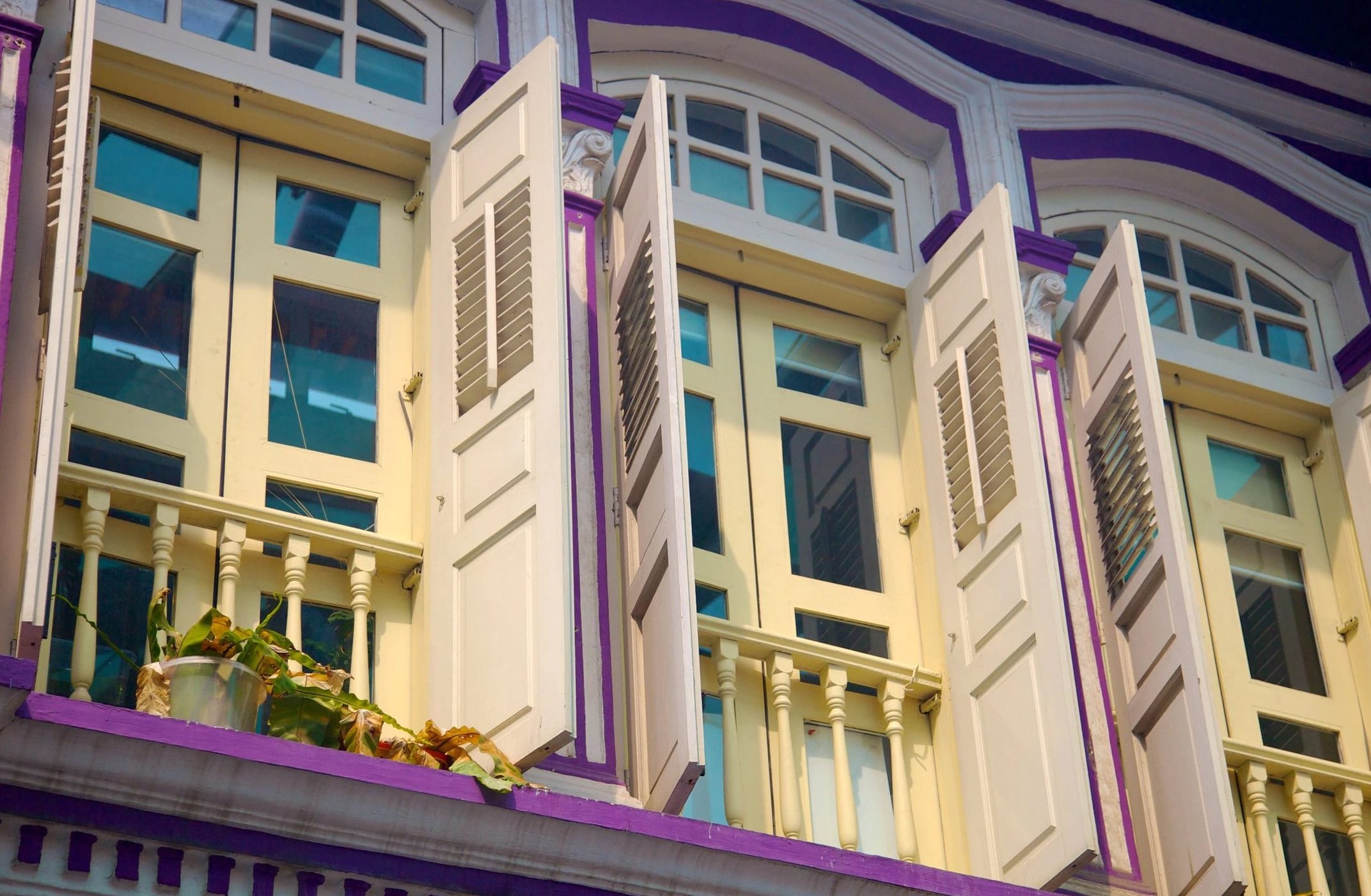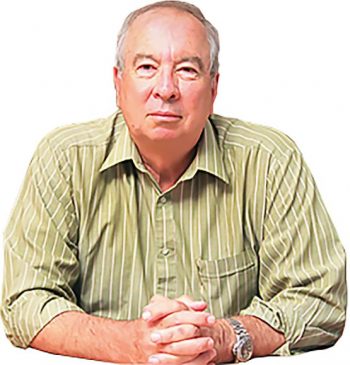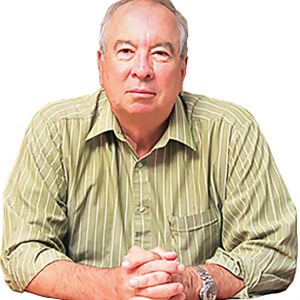
Why humid weather makes you feel lethargic and possibly nostalgic. That’s what CLIVE WILLIAMS’ latest “Whimsy” column is about…
IN mid-January Canberra friends were bicycling around Cambodia, so I looked to see what the weather conditions were like in Phnom Penh.

The air temperature was 24C with 85 per cent humidity. Not as bad as I had thought.
In Burma, or Myanmar as it now likes to be known, I had worked in temperatures in the mid-40s with humidity in the high 90s. There’s little chance of being productive when it’s that hot and humid. No wonder the British retreated to hill stations in the heat of summer.
In humid conditions, the air becomes populated by hydrogen and nitrogen as well as oxygen, and our lungs have to work harder to get oxygen from the air. This is part of the reason why we feel so lethargic in humidity, and why physical activity can be especially taxing.
The same day I looked into Cambodia’s weather I also looked into Canberra’s, and it was not a lot different to Phnom Penh’s. It was 25C, while our humidity varied during the day from a high of 94 per cent at 6 am to 47 per cent at 4 pm. I hadn’t realised it could vary so much in one day.
I went to high school in hot and humid Singapore when there was no air conditioning. However, the old colonial buildings were designed for the climate, with ceiling fans and buildings sited to catch sea breezes, so the heat and humidity were not oppressive once you got used to it. Singapore weather was probably much the same as the weather in Darwin.
Anyway, the colonial administrators decided we should only have school in the classrooms in the mornings. This was offset by sports outdoors in the afternoons, including cross-country running. I suspect therefore that the teaching scheduling was designed primarily to give the teachers a more pleasant lifestyle.
When autocratic Lee Kuan Yew became Singapore’s Prime Minister in 1959, he had all government offices air conditioned, and expected his Chinese and Indian public servants to work much harder.
Whether it improved their productivity and lifestyle was hard to say. The suicide rate reportedly went up, but hard to know the extent because any negative media reporting about Lee or his draconian policies was censored in Singapore. Forcibly relocating residents from houses into high rises was also said to be a factor in increasing the suicide rate.
When I first worked at Russell Offices in Canberra in 1968, the older Defence buildings lacked both heating and cooling. Public servants adapted by bringing in electric bar heaters in winter, while in summer they brought in desk fans and opened the windows.
In the military there was no concession for the weather. We changed from winter to summer dress on a set day – which often seemed to be the coldest day of the year.
Years later, when I was in the Defence Intelligence Organisation, the building’s cooling system was not very efficient, but you needed a special tool to open the sealed windows.
Fortuitously, the government-issued scissors also opened them. If someone on the other side of the building opened a window it could create a sudden cross-draught and classified documents could float out the window, leading to a frantic rush downstairs to retrieve them. Fortunately, the director’s office was on the sixth floor with a lake view so the secret documents slowly floating downwind were not seen by senior management.
Canberra’s weather seems to have improved with climate change. It used to get unbearably hot and dry or cold and wet – but now seems quite manageable.
Perhaps Canberra having better designed houses with efficient heating and cooling has changed Canberrans’ perceptions about Canberra’s weather.
It’s now possible to empathise with W Somerset Maugham’s observation: “It was such a lovely day I thought it a pity to get up.”
Britain’s climate is also changing for the better. Journalist Jeffrey Bernard was once quoted as saying: “I have to go out. It’s so cold in my flat that I think it may snow in the kitchen this afternoon.”
And I recall a conversation in the ’50s between a civil servant and Prime Minister Churchill: “Prime Minister, I have to report that a minister was found half-naked with a guardsman in Hyde Park last night.”
“Last night? The coldest night of the year? Makes you proud to be British!”
I have certainly seen fewer people wearing suits on the beach in Devon in recent years, and as British talk show host Jonathan Ross commented: “If it gets much hotter in this country they’ll be doing benefits for us in Africa.”
Clive Williams is a Canberra columnist.
Who can be trusted?
In a world of spin and confusion, there’s never been a more important time to support independent journalism in Canberra.
If you trust our work online and want to enforce the power of independent voices, I invite you to make a small contribution.
Every dollar of support is invested back into our journalism to help keep citynews.com.au strong and free.
Thank you,
Ian Meikle, editor





![For graphic designer Tracy Hall, street art is like any artwork, her canvas has been swapped out for fences and plywood, her medium changing from watercolours to spray paint.
A Canberra resident for 13 years, Tracy has been a street and mural artist for the past five.
Her first exploration into grand-scale painting was at the Point Hut toilets in Banks five years ago. “They had just finished doing up the playground area for all the little kids and the words [of graffiti] that were coming up weren’t family friendly,” she says.
“So I ended up drawing this design and I got approval for the artwork.”
Many of Tracy’s time-consuming artworks are free, with thousands of her own dollars put into paint.
@traceofcolourdesigns
To read all about Tracy's fabulous street art, visit our website at citynews.com.au or tap the link in our bio! 🎨🖌
#canberranews #citynews #localstories #canberrastories #Citynews #localnews #canberra #incrediblewomen #journalism #canberracitynews #storiesthatmatter #canberralocals #artist #streetart #streetartist #StreetArtMagic](https://citynews.com.au/wp-content/uploads/sb-instagram-feed-images/490887207_1225841146218103_6160376948971514278_nfull.webp)



Leave a Reply